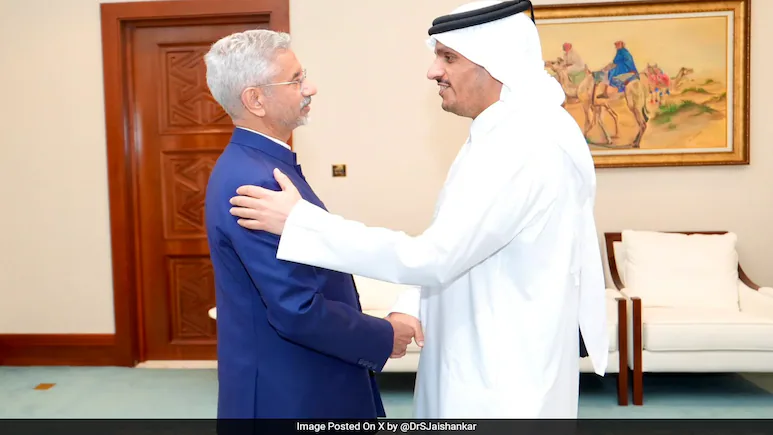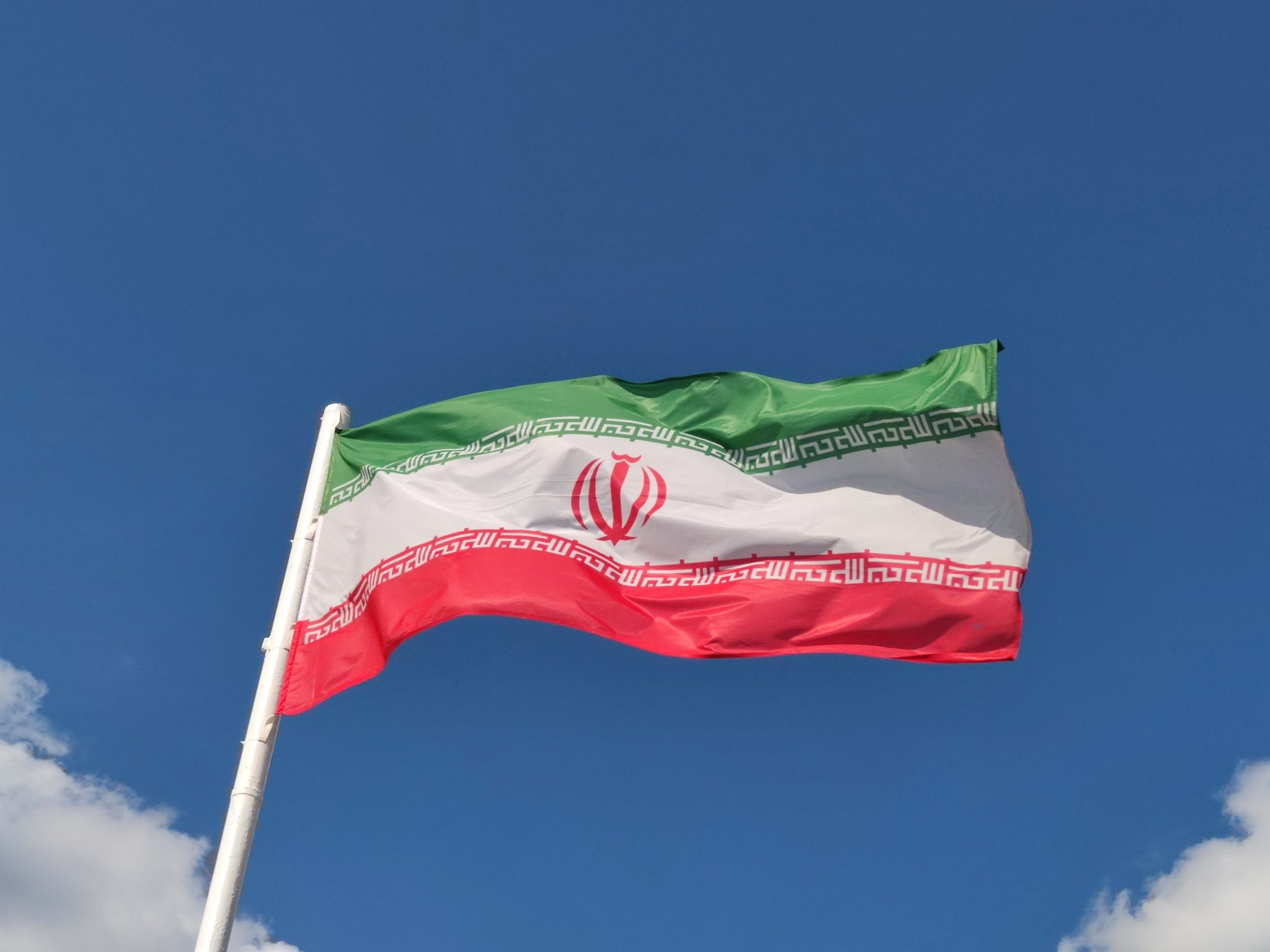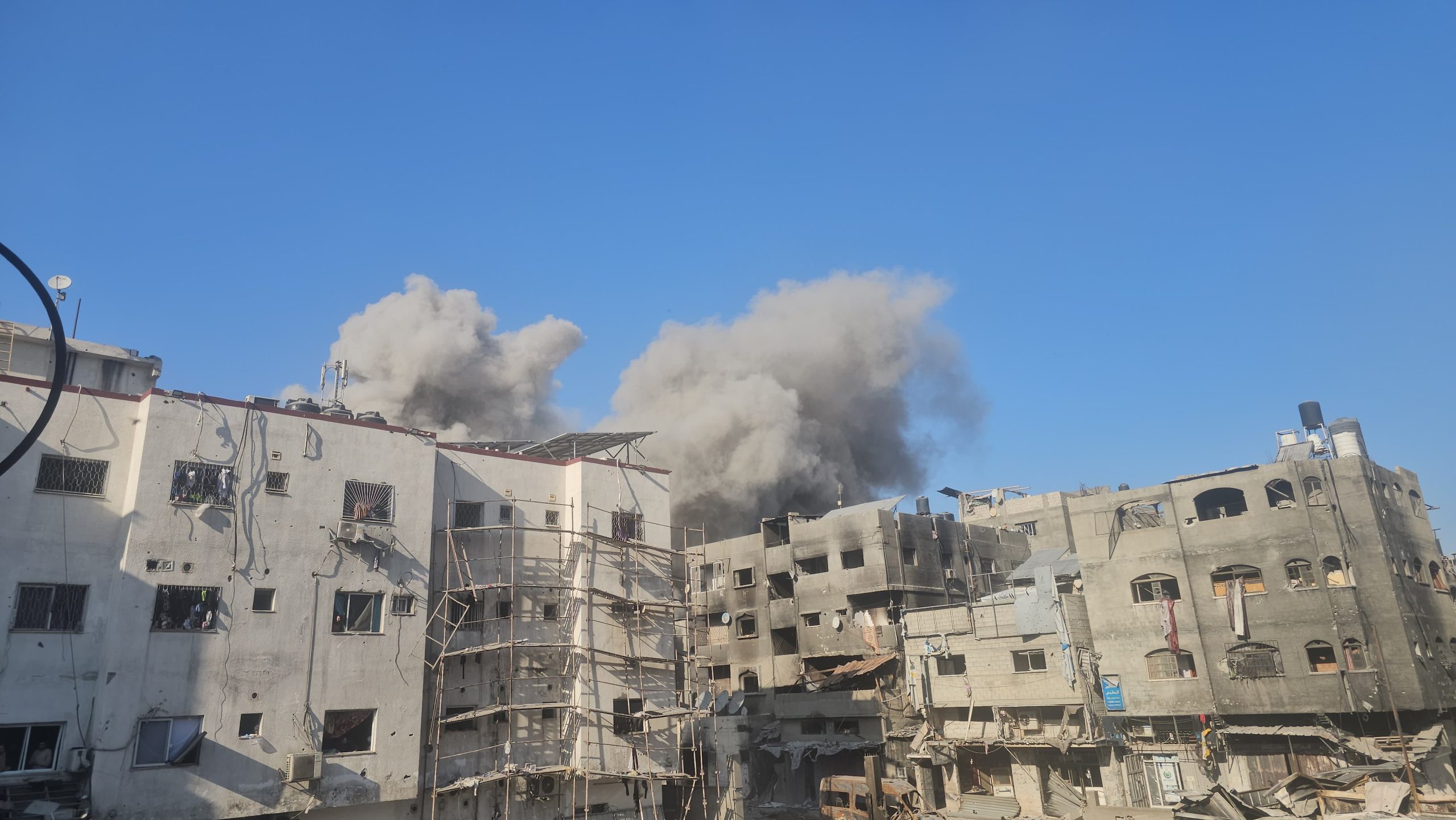The Gulf state has appeared to continue its efforts to reach a political solution between the conflicting sides.
Qatar has continued to support existing mediation efforts between Rwanda and the Democratic Republic of the Congo (DRC), Doha’s foreign ministry spokesperson Dr. Majed Al Ansari confirmed on Tuesday.
“Qatar continues to support existing mediation efforts, initiatives and previous agreements signed between Rwanda and the Democratic Republic of the Congo,” Dr. Al Ansari told a weekly press briefing, as quoted by Al Araby Al Jadeed.
Dr. Al Ansari’s remarks are the first public comments from a Qatari official on the Gulf state’s mediation efforts between the two African countries.
In January, Qatar attempted to host peace talks between the conflicting sides, bringing together representatives from Angola, Kenya, and the African Union.
While previous reports said the meeting was cancelled due to a no show of DRC’s leader Felix Tshisekedi, Al Araby Al Jadeed reported that Doha hosted talks that were not publicly announced.
However, the report added that the signing of the agreement itself was postponed due to Tshisekedi’s absence.
Despite the delays, Qatar has maintained communication between officials in hopes of guiding Rwanda and DRC back to the Luanda Agreement, which was signed last year following mediation by Angolan President Joao Lourenco.
Various discussions between Qatar and Angola have taken place in recent days, pointing to ongoing efforts by the former to bring together Kigali and Kinshasa onto the table of negotiations.
On Thursday, Angola’s Minister of External Relations Tete Antonio was in Doha to deliver a written message from President Lourenco to Qatar’s Amir Sheikh Tamim bin Hamad Al Thani.
According to the Amiri Diwan, the letter was related to bilateral ties and issues of common concern, though it made no mention of Rwanda and DRC mediation.
Antonio also met with Qatar’s Foreign Minister Sheikh Mohammed bin Abdulrahman Al Thani.
On Monday, Sheikh Tamim sent a written message to President Lourenco through Doha’s Assistant Foreign Minister for Regional Affairs Dr. Mohammed Al Khulaifi.
“During the meeting, they discussed the bilateral relations between the two countries and the international efforts to achieve security and peace in the region,” Qatar’s foreign ministry said.
As part of an African tour, Dr. Al Khulaifi visited Kigali on Tuesday where he also handed a written message to Rwandan President Paul Kagame “pertaining to bilateral relations and means of supporting and developing them.”
Ongoing escalations
The eastern side of the DRC has faced increasing violence since last year, when clashes erupted between troops and rebels from the M23. Thousands of Congolese were forced to flee to neighbouring countries because of the violence.
The United States and DRC said M23 is backed by Kigali, though it has denied those claims. On Monday, Rwanda said the US accusations could undermine the peace process.
“The United States appears consistently out of step with the decisions of the regional processes and risks undermining them by continuing to endorse the DRC government’s false narrative blaming Rwanda for the crisis,” the Rwandan government said.
Rwanda saw 72,000 Congolese cross the country by November, per figures previously shared by the United Nations.
The same month saw a massacre in which at least 131 civilians were killed following the re-emergence of violence in October. The UN blamed the M23 rebels for the killings following a preliminary investigation by its peacekeeping mission.
On the other hand, Rwanda blamed DRC for allegedly backing the Democratic Forces for the Liberation of Rwanda (FDLR), a rebel group involved in the 1994 Rwandan genocide.
In February, regional leaders called for an immediate ceasefire during a summit of the East African Community in Burundi. DRC’s Tshisekedi and Rwanda’s Kagame were also in attendance.
Meanwhile, rights organisations have raised concerns over the humanitarian situation in eastern DRC.
Las month, an Amnesty International investigation revealed that the Rwandan-backed M23 rebels raped at least 66 women and girls while killing at least 20 men in eastern DRC in November.
“Since these attacks survivors have been living in terror and utter destitution. While some rape survivors received basic medical attention from community health facilities most urgently need adequate medical and mental health care as well as humanitarian assistance,” Tigere Chagutah, Amnesty International’s Regional Director for East and Southern Africa, said.







